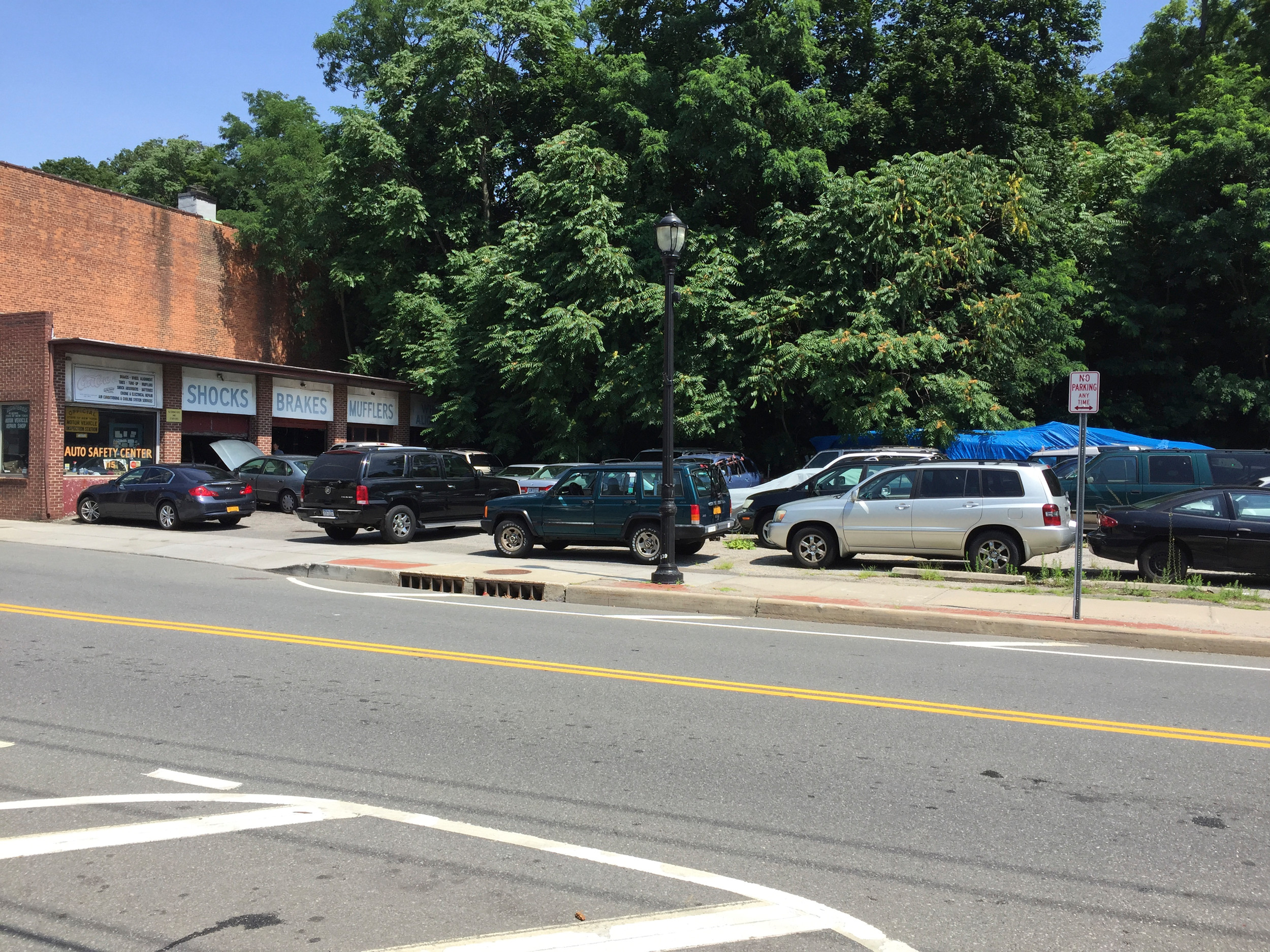City Council deadlocked on zoning request
The Glen Cove City Council voted 3-3 at its meeting on June 27 not to refer an application for a change in zoning at 115 Glen St. to the city planning board. Mayor Reggie Spinello, Councilman Nicholas DiLeo Jr. and Councilwoman Pamela Panzenbeck supported the resolution, while Councilmen Efraim Spagnoletti, Timothy Tenke and Roderick Watson opposed it. Councilman Joseph Capobianco was absent.
The City Council makes decisions on changes in zoning, while the Zoning Board of Appeals handles variances — exceptions to local zoning laws.
“I thought it was very narrow-minded not to get their opinion on the project,” Spinello said, referring to the planning board. “It was defeated, but nothing was really defeated, because all it was asking for was a referral.”
Panzenbeck agreed. “The vote was not regarding our opinions of the project,” she said, “but simply for information from the agency that has expertise in this matter.”
The current maximum density of the downtown area is 50 residential units per acre. The developers of 115 Glen Street Owners Corp. — Alec Ornstein, Cliff Fetner and investment group G4 Capital Bridge — are looking to increase the density limit to more than 75 units per acre so they can build 39 units on a half-acre of property.
The proposed workforce housing development is targeted at young professionals returning home from college, couples and single adults looking for downtown living. The developers’ attorney, Kathleen Deegan Dickson, said it is intended to clean up underutilized property that doesn’t fit in the downtown anymore.
The initial proposal included six two-bedroom apartments, 18 one-bedrooms and 15 studios.
Rather than request a variance, the developers want to amend the current zoning law to allow for higher density on a smaller parcel only with a special permit from the planning board. In addition, any developers seeking the permit would be required to dedicate 50 percent of their project to workforce housing, up from the city’s current 10 percent standard.
“We could go for variances, but I don’t think that’s the right way to do it,” Deegan Dickson said. “Then you’d have the zoning board making decisions and setting a precedent, without having the thoughtfulness and planning that the City Council should really be doing.”
Tenke, a Democratic mayoral candidate, said that the property is too small for the proposed density increase. “It’s just so outside of what we would permit downtown that I don’t think it needs to go to the planning board,” he said. “I’m all for workforce and affordable housing in Glen Cove, and I don’t think that area could sustain that.”
Another concern Tenke said he had with the proposed project was the allocation of just one parking spot per unit, which is nine fewer spaces than is required under the current code.
“I see a lot of the new, incoming developments geared toward attracting people,” said Watson. “I say we’ve done enough of that; what about some type of housing for those that are here?”
He suggested that with the senior center across the street from the property, the developers could build housing for seniors.
“The project as it was presented, I don’t think anyone — including myself — was in favor of it in that form,” Spinello said. “What better way than to talk to the planning board and see what they think might be feasible or workable there?”
He added that it was most likely that the developers would make some changes and submit another application. “That area could use something, and what that something is I’m not sure,” Spinello said. “I know that area could use some upgrading and some improvements.”
“We’re hoping to meet with the City Council at one of their pre-council meetings to get some feedback,” Deegan Dickson said. “And we’ll modify the plan if that seems to be warranted.”
DiLeo and Spagnoletti did not respond to requests for comments before press time.

 50.0°,
Overcast
50.0°,
Overcast 




